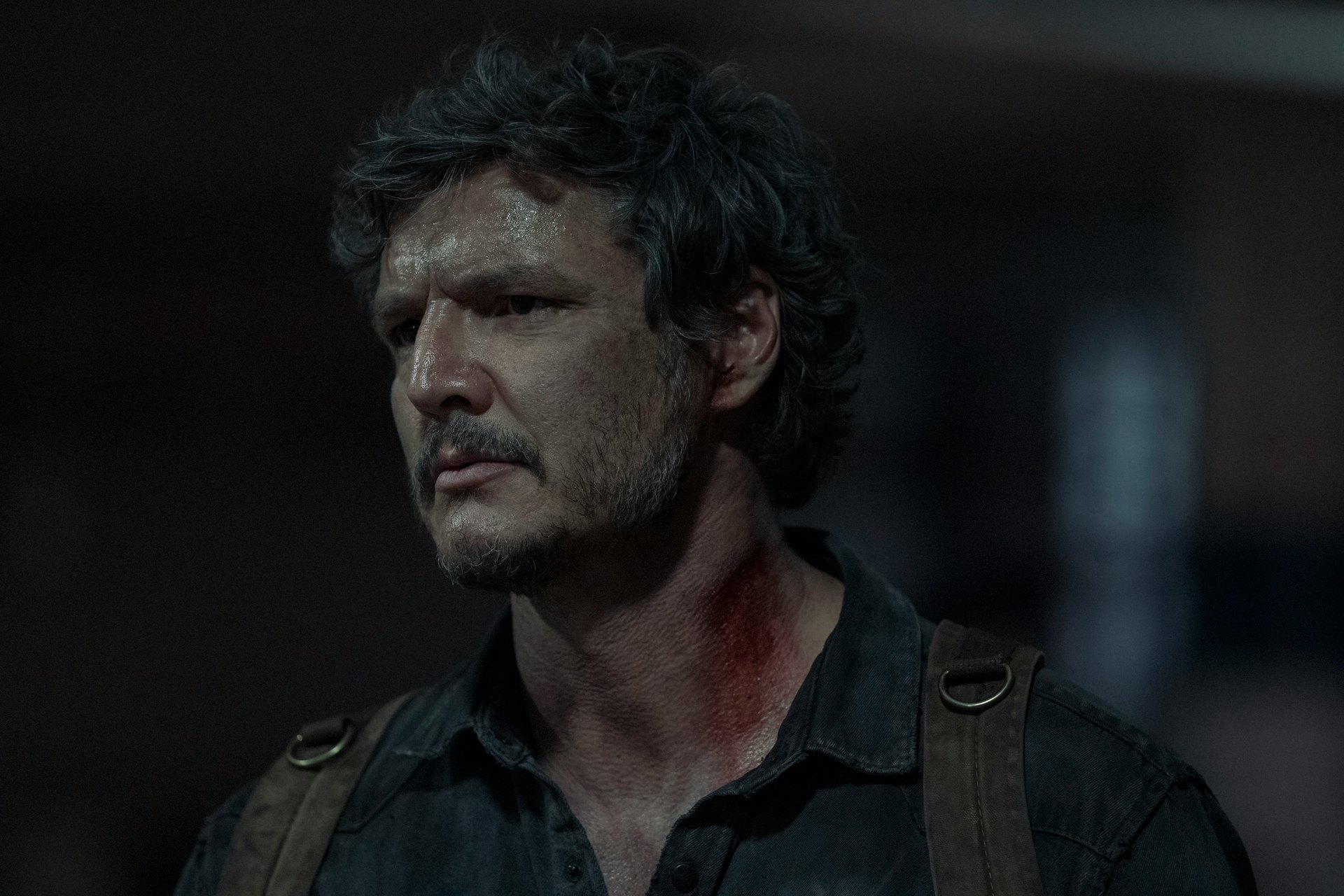
“Joel and I aren’t good people. We’re just doing this because you’re worth something.”
One of the first interactions Tess has with Ellie in The Last of Us bluntly establishes both the nature of their characters and their relationship with the girl who’s been foisted upon them. Ellie, as Joel says later, is cargo, a means to an end.
But over the course of the series (and the original video game), Joel evolves into something entirely different. He starts to see Ellie as his daughter, and not just another smuggling job. But does that make Joel a good person? And what defines a “good person” anyway in a post-apocalyptic world riddled with Infected?
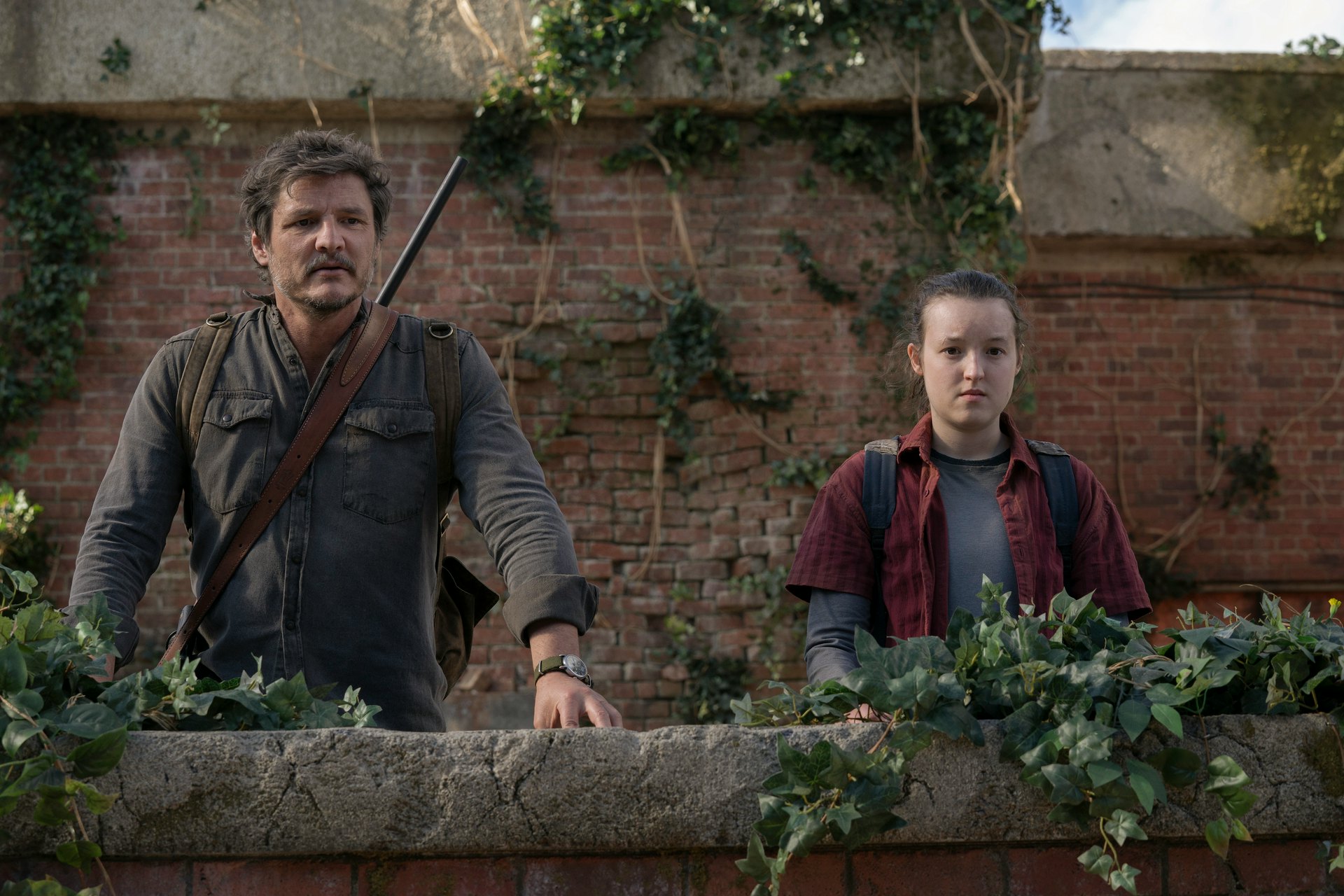
The Last of Us Season 1 finale condenses Joel’s ethics with one major decision (spoilers ahead!): Should he let Ellie die in a medical procedure that could lead to a Cordyceps vaccine and save millions? Or should he protect his adopted daughter, the rest of the world be damned?
Joel’s choice is one that players have debated for a decade, and now a TV audience is debating it too. But while watching Pedro Pascal save Ellie is the emotional climax of the show, it’s not as immersive — or divisive — as it was in the initial game.
“They feel like he’s a hero, but they don’t necessarily like what he’s doing,” Dr. Jose P. Zagal, a professor at the University of Utah who teaches Ethics in Video Games, tells Inverse. “I think it's okay to like a show, but not like the character necessarily, I don't think you have to be attached to the hero.”
But is Joel a hero? How does his final choice affect viewers’ perception of Joel, and his own relationship with Ellie? There’s a lot more to this decision than choosing Ellie or the world.
Ethics and Video Games
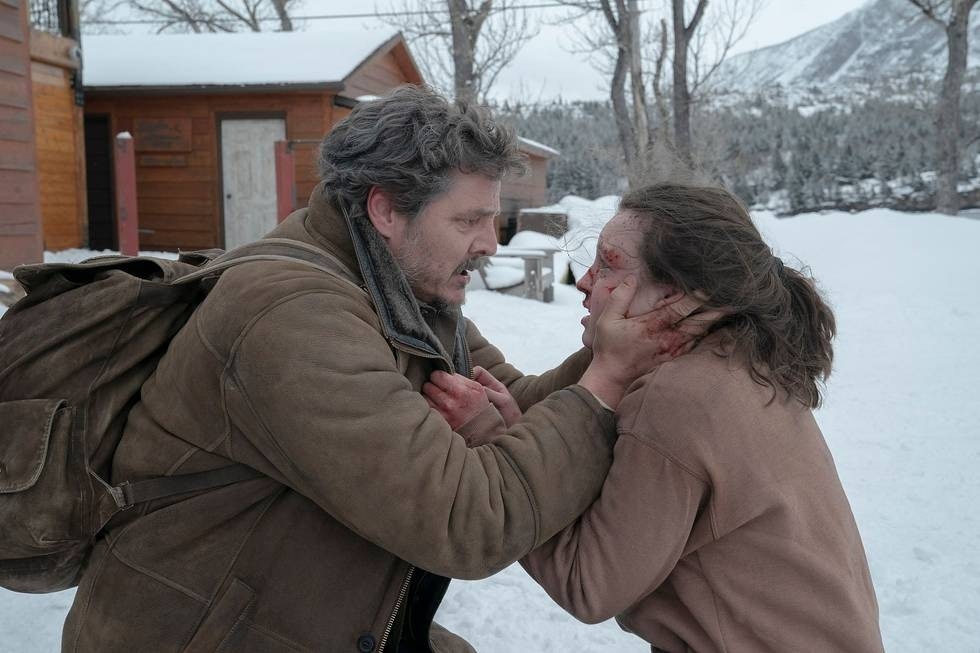
In video games, the main character is often a reflection of whoever is playing the game. When you play Mass Effect, you can make Shepard male or female, but you can also make him selfless or ruthless. But The Last of Us is a different kind of game. The player has no control over Joel and Ellie’s choices.
“Joel is his own character,” Zagal tells Inverse. “He chooses what to say. You just watch and see what Joel wants to do.”
But just because Joel sets the goal and the player controls him to reach it doesn’t mean there are no moral quandaries to be had. The Last of Us video game still presents plenty of opportunities to choose between violence and ... slightly less violence.
“When you're playing and you get to a certain moment in the game, if you can decide to sneak around and not kill anybody, that was on you,” Zagal says. “Now, if you decide to run in and shoot everybody in the head? That’s also on you.”
Joel’s Choice in The Last of Us
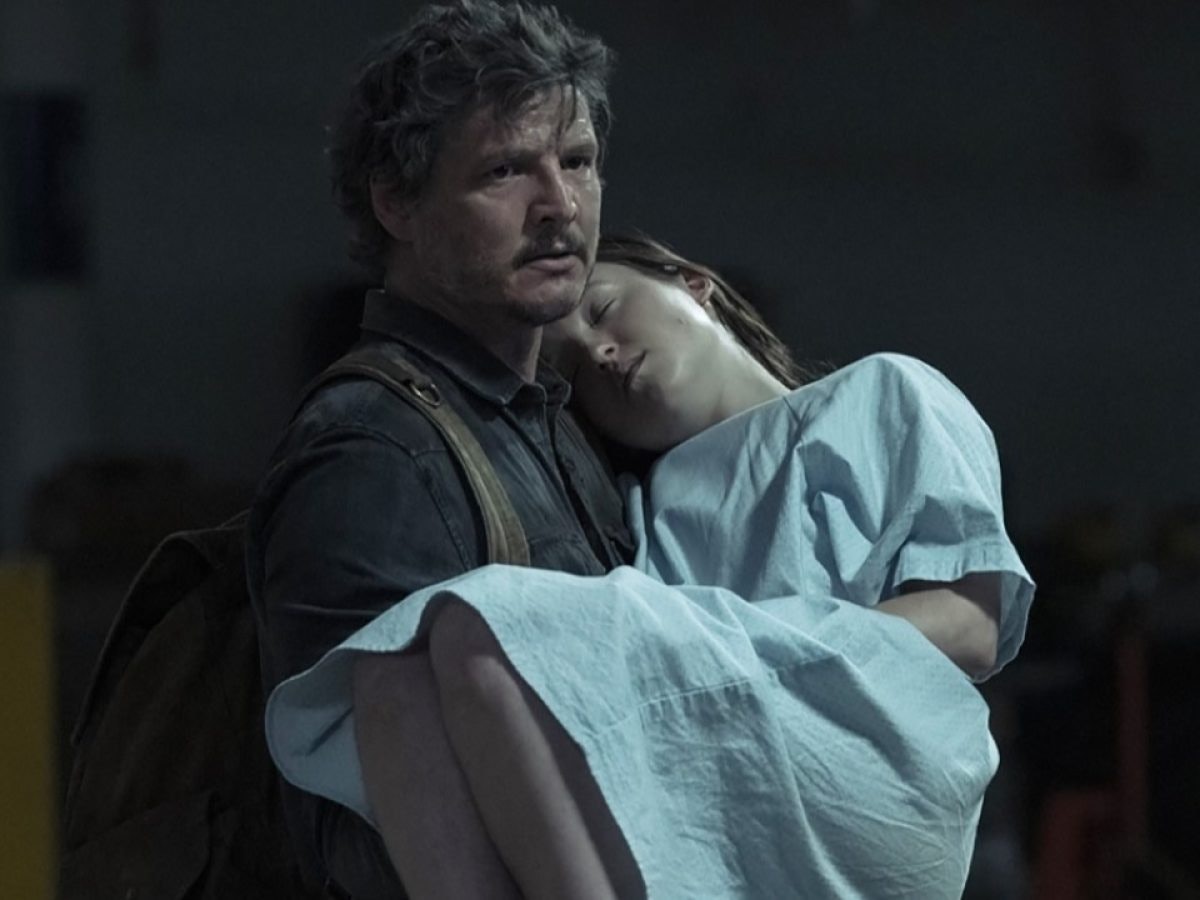
People can change, and that goes for video game characters too. The Joel that Tess describes as not a good person is not the same Joel who holds Ellie and calls her “baby girl” at the end of The Last of Us Episode 8.
“Joel does have an arc,” Zagal says. “The game is a story of him thinking about his daughter. He sees her in this girl, Ellie, and he begins to thaw a little bit.”
That leads to the monumental ending where Joel chooses to save Ellie from the operating table. Back when The Last of Us game first came out in 2013, it was a divisive decision.
“Players were mad and upset because they didn't want Joel to do what he did at the end of the game,” Zagal recalls. “They felt what Joel did should not have been decided by the game's creators, but rather the player should have decided.”
In 2013, IGN published a conversation between Editor-at-Large Chris Plante and Senior Reviewer Danielle Riendeau discussing the ending of The Last of Us. Riendeau made it very clear when she was playing the game and controlling Joel, she was upset by his choice to save Ellie. “I was literally yelling at the screen while playing. I wanted to save the world. I wanted Joel to stop killing everyone who was trying to save the world and find some compromise.”
But after finishing the game, the choice made perfect sense to Riendeau. “I'm so conditioned to make the ‘heroic’ choices in games — the ‘save the little sister, save the village, Jesus-or-Hitler’ binary choice that we always make fun of as gamers,” she said. “I was expecting to have that choice, and the fact that I didn't actually shocked me. It's TLOU's boldest, brashest move, and it works so well.”
“In the context of a game like The Last of Us, it's a dystopian future, post-apocalyptic, there's no civilization anymore.”
The Last of Us never hides Joel’s violent nature from the player, but it can still be hard to see the game’s protagonist as a bad person. Not only have you just played as Joel for about a dozen hours, but you’ve also watched him grow and evolve as a human being. As Chris Plante put it back in 2013, “Forcing you to shoot the doctors — to externalize what's happening inside of Joel's brain — is the writer shouting, ‘Shame on you for assuming you are this man.’”
While this choice caused a lot of debate, it was never a question for the series’ co-showrunners. In a press conference, Neil Druckmann and Crag Mazin discussed the ending, and while Druckmann (who also wrote the original game) said he would have been open to hearing alternate ending pitches, Mazin never considered it.
“There was never a question,” Mazin said. “As a player, I got to the end, why would I ever want to change that? It's awesome.”
The Ellie Problem
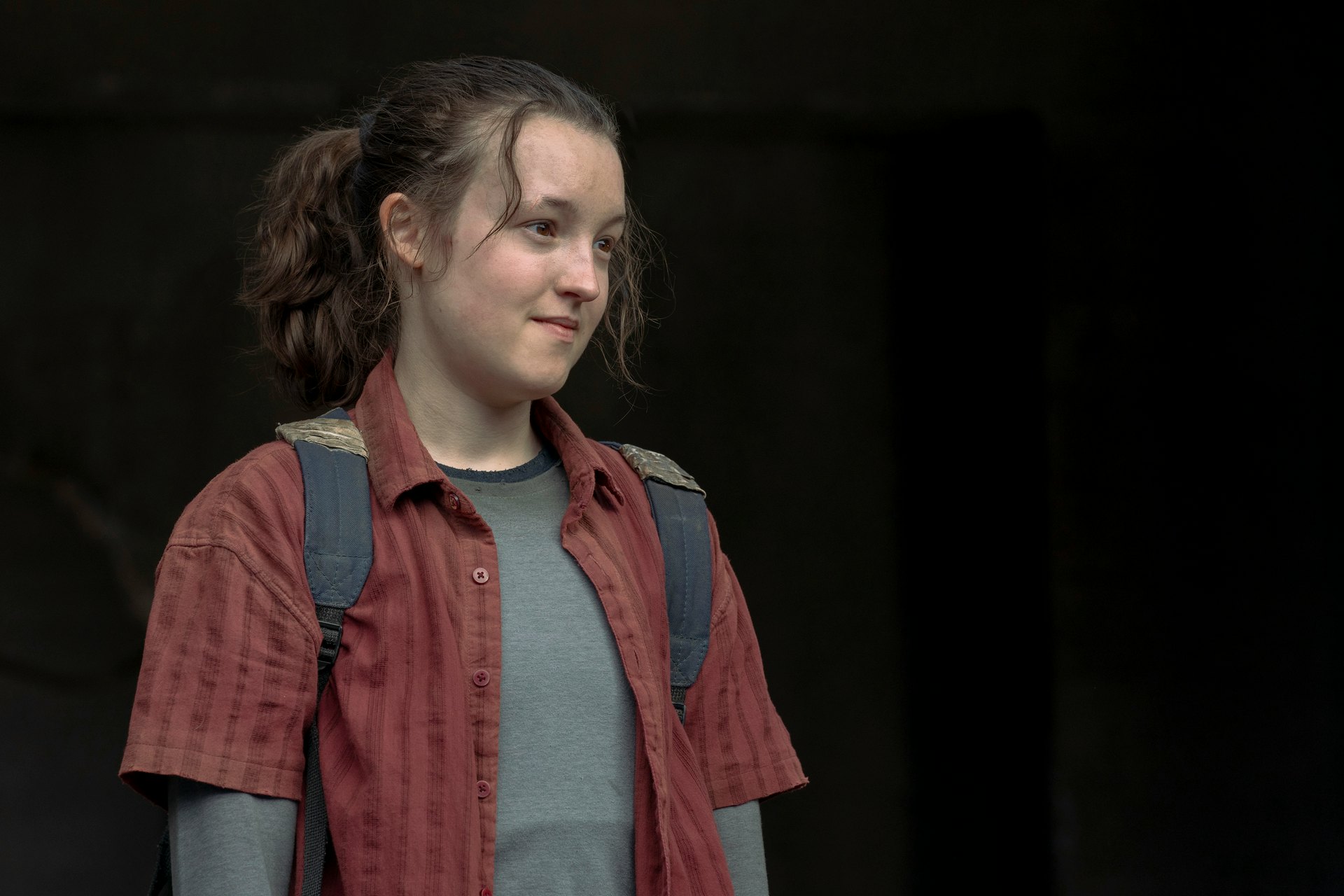
It’s tempting to look at the ethical dilemma Joel faced as a play on the trolley problem. He could let Ellie die and potentially save millions across the world, or he could save her and let any hope of a cure die. But it’s not that simple. For one thing, it’s never guaranteed that operating on Ellie would result in a cure. But there’s also a third party in this decision: No one ever asks Ellie what she wants to do. Zagal considers this to be the story’s “interesting moral dilemma.”
“I think the reason why a lot of people reacted the way they did is they felt that sacrificing one to save millions is the right thing to do,” he says. “But more importantly, it was the fact that he was overriding Ellie's decision.”
In the series, the Fireflies don’t give Ellie much of a choice either. Marlene assures Joel that Ellie was put to sleep without being told the true nature of the operation, and without knowing that she would never wake from it. She addresses the elephant in the room — that they’re arguing over a decision that should be made by Ellie, the girl she promised Anna she’d keep safe.
“But it isn't for you to decide. So what would she decide, huh? 'Cause I think she'd wanna do what's right,” Marlene says after Joel has massacred dozens of people to rescue Ellie. But “what’s right” is always in flux, especially here. And what “would she decide” remains a mystery, as Ellie was never given the chance to make that decision. Would she have sacrificed herself for a cause that may not work at all? Or would she have made the choice to give Joel the family he lost over and over again?
Everyone argues the morality of the killing throughout The Last of Us, but Ellie’s autonomy and agency are overlooked — both in the game and in the show. And when Joel lies to her about the incident, telling her the doctors couldn’t find a cure, and that raiders killed everyone but them, Ellie is only given one choice: to accept his lies.
Can Anyone be Good After the Zombie Apocalypse?
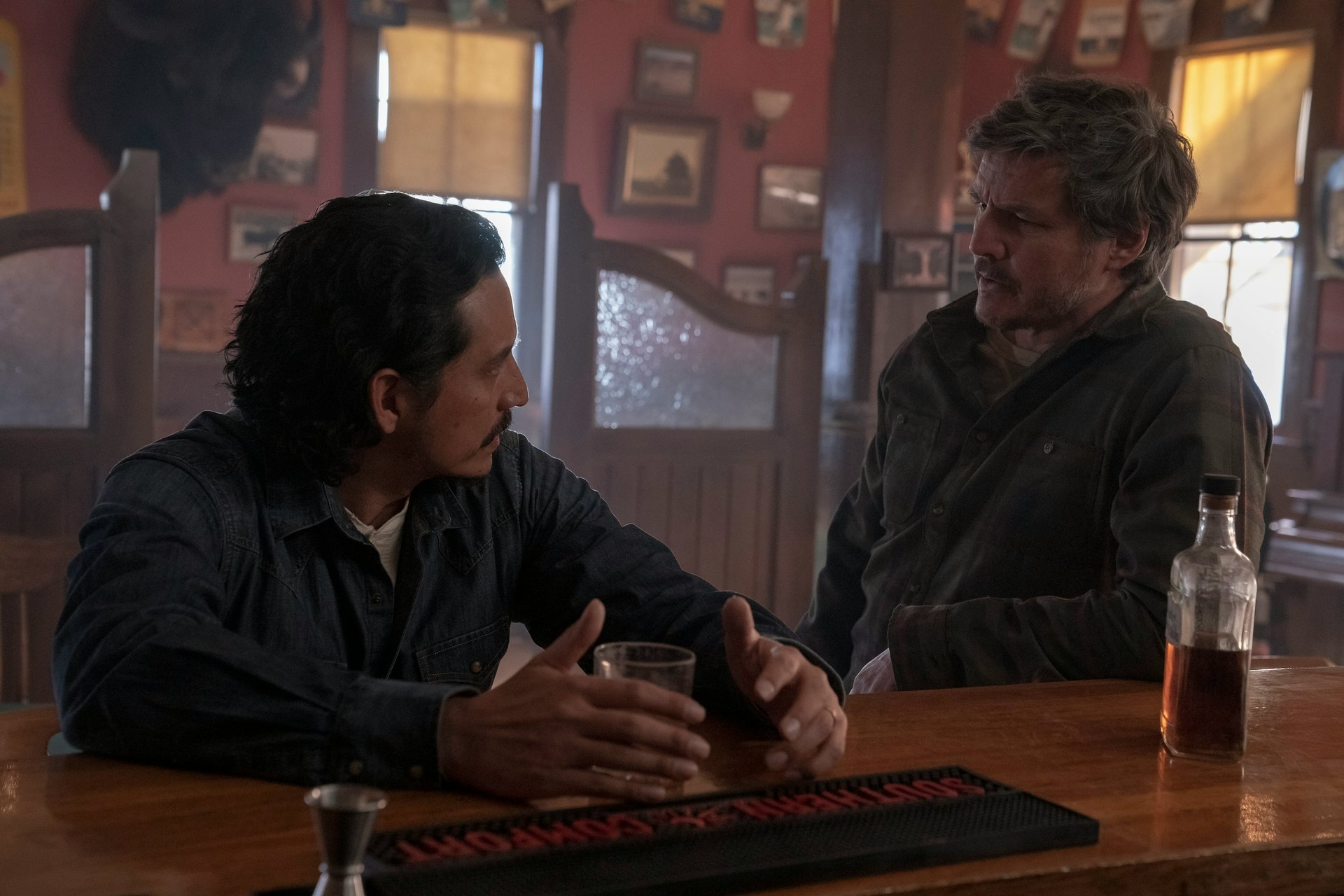
After Outbreak Day — as it's referred to in The Last of Us — morals and ethics were essentially thrown out the window. We learn this mere minutes into the prologue when Joel and his brother Tommy drive right past a family looking for help.
It’s something Tommy judges Joel for in Episode 6 when they reunite.
“We murdered people. And I don't judge you for it. We survived the only way we knew how,” Joel says to Tommy.
But Tommy doesn’t accept that. “But there were other ways,” he says. “We just weren't any good at 'em.”
Those other ways, collaboration and building community the way Tommy did with Jackson, are ways of re-establishing society and everyday ethical codes back in the world.
“In the context of a game like The Last of Us, it's a dystopian future, post-apocalyptic, there's no civilization anymore,” Zagal says. “That's thematically appropriate, these characters are all going to be kind of broken and violent and dangerous.”
A lot of ethics boils down to what we owe each other in a society. Without a society, priorities shift. Joel can stab a cannibal cultist in the kneecap because if he doesn’t, he’s going to be killed. He can murder a doctor in order to save Ellie, who has become his new purpose for survival.
Joel may or may not be a good person, but above all he is human. We all make choices that could be interpreted as unethical, but how people prioritize their needs and how our choices affect others both in our society and in the post-apocalyptic world can justify any action. Just like Joel can justify those he killed for the sake of his survival, he can justify saving Ellie for the sake of hers.
“I think more people will go away thinking, ‘I can totally imagine myself doing that thing that Joel did at the end of the show. Sure, I would do that for my family, I would do that for my kids, I would do that for the person who I have been taking care of,’” Zagal says. “And perhaps they will be less worried about, “‘well, I guess that makes me the bad guy.’”
The Last of Us is now streaming on HBO Max.







